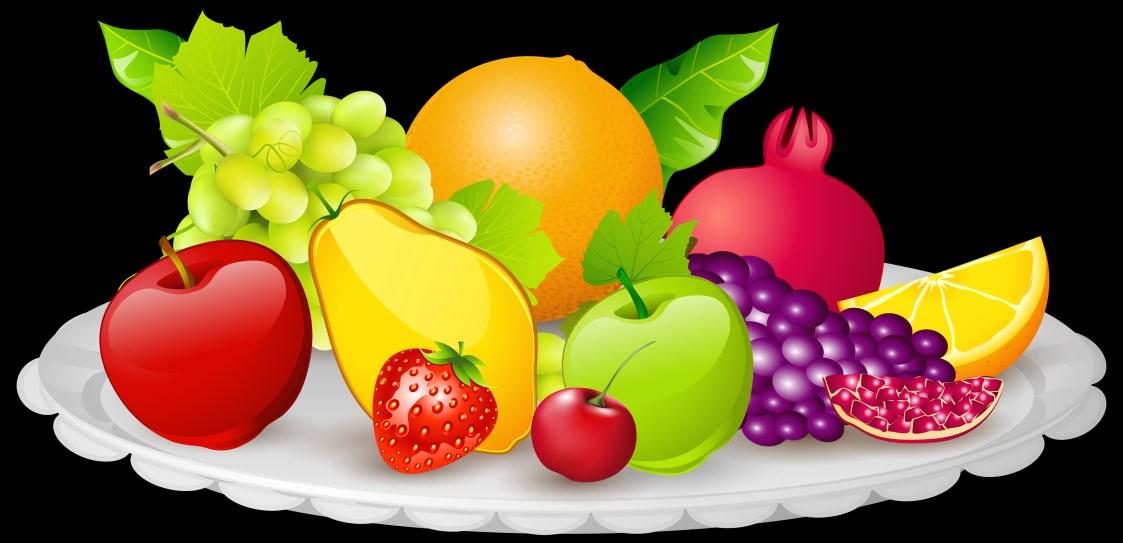
3 minute read
Summer information: The Wonders of Water!
from Newsletter June/July 2023
by kokuaWA
Please read the following as continuing education about heat, sunlight, hydration and safety. Please make sure you encourage all clients to stay in the shade, wear hats and sunscreen and drink plenty of fluids. Beware of those medications that may cause photosensitivity (see below) and contact medical providers if your clients are sunburnt, have signs or symptoms of heat stroke or any other sun related medical issue. And don’t forget to take care of yourself while you are at it! It is vitally important for our clients and staff to be hydrating themselves regularly. Summer brings with it added challenges and an increased need to drink lots of water. Below are some notes on why water consumption is so important. Please remember to encourage drinking water with all of your clients as well as your co-workers and yourself.
It takes a loss of only 1% - 2% of your body's ideal water content to cause dehydration.
You MUST remember to drink even when you're not thirsty.
An average person loses about 90 ounces of water daily.

Drink more if you're engaged in sweaty exercise.
Beverages containing alcohol and caffeine create an unquenchable thirst in the body.
Only water truly hydrates the body and alleviates the diseases of dehydration.
Drinking ice cold water actually makes you lose weight because fat calories are burned to bring the water temperature up to internal 98.6 degrees F. Some people find they have stomach cramps from this, so experiment and see if your body is ok with this.
The sense of thirst dims with age - so make sure older people are drinking plenty of water.
Those on high-blood pressure or other medications should consult with their doctor to determine their proper water consumption.
Don't misinterpret your thirst drive as hunger. Drink an "ice-cold" glass of water and wait a minute or two. You'll find your not as hungry as you thought.
Drinking enough water is the best treatment for fluid retention. Give your body plenty of water and the stored water will be released. If you don't drink enough water, your body's reaction is to retain the water it does have. This in turn hampers kidney function and waste products accumulate. Your liver is then called upon to flush out the impurities. As a result, one of your livers main functionsmetabolizing fat into useable energy - is minimized.
Average, "within proper weight" people should drink eight, 8 oz. glasses of water each and every day. (About 2 Quarts) Over-weight people need one additional glass for every 25 pounds of excess weight.
Water helps maintain proper muscle tone and prevents sagging skin.
Water helps rid the body of toxic waste.
Water helps detoxify the body from the effects of long term smoking, helping to eliminate the insidious tar and acidic nicotine from the lungs.
Water has a profound effect on brain function and energy levels. Even a slight dehydration can produce a small but critical shrinkage of the brain, impairing neuromuscular coordination, concentration and thinking.
A deficiency of water can alter the concentration of electrolytes such as sodium, potassium and chloride which has a negative effect on the function of the brain.

Beverages that contain caffeine, i.e. coffee, some tea and some sodas act as diuretics, increasing urine production and promoting loss of fluids.
Dehydration reduces blood volume, creating thicker, more concentrated blood which stresses the heart. This also decreases the ability to transport oxygen and nutrients to the muscles and other living cells.
Source: http://www.gotwater.net/water_tips.htm
The wonders of water, continued…
Water aids in digestion, nutrient transportation, and joint lubrication, and helps regulate body temperature, which is particularly important during the hot summer months. But only about 80 percent of our water intake comes from drinking. The other 20 percent comes from food. While filling up your water bottle is a good habit, you can also add some of the delicious water-filled foods below to your diet to stay hydrated this summer.
Cucumber - 96% (water content) Lettuce - 95%
Celery - 95% Zucchini- 95%
Tomato - 94% Spinach - 92%
Watermelon - 92% Strawberries - 92%
Broccoli - 91%
Cantaloupe - 90%
Grapefruit - 91%
Peach - 88%
100% Orange Juice - 88% Carrots - 87%
Pineapple - 87% Raspberries- 87%
Apricot - 86%
Yogurt - 85%
Cherries - 81%
Blueberries- 85%
Apple - 84%
Banana - 74%
Source: http://www.coreperformance.com/daily/ nutrition/22-foods-to-keep-you-hydrated.html

A Short Word About Medication-Related Photosensitivity…
Whether you're taking a reductase inhibitor to cut cholesterol levels or an antifungal cream to get rid of athlete's foot, you probably aren't thinking about painful scarring or sunburn. However, both of these types of drugs and a number of others can create chemically induced photosensitivity and should be taken with proper precautions, like avoiding direct sunlight and using plenty of sunscreen.
Drug-induced photosensitivity is a surprisingly common side effect of medications, herbal remedies and even sunscreens and perfumes. It can take two forms. The most common is phototoxicity, where exposure to the sun's ultraviolet rays makes certain drugs create free radicals that damage skin tissue, resulting in bad sunburns on areas exposed to direct sunlight.
Source: http:// health.howstuffworks.com/skincare/information/healthfactors/5-medicines-that-causesun-sensitivity.htm https://www.kokuaservices.org—Support. Encourage. Empower
The other is called a photoallergy, where exposure to sun radiation converts some drugs into an allergen called a hapten, which produces an allergic response in the skin, likely as a rash or hives. Unlike phototoxicity, this kind of condition can spread to unexposed areas of the skin.

When taking any medications prescribed or not make sure you clearly read the label and check with your doctor about their potential for producing photosensitivity.


